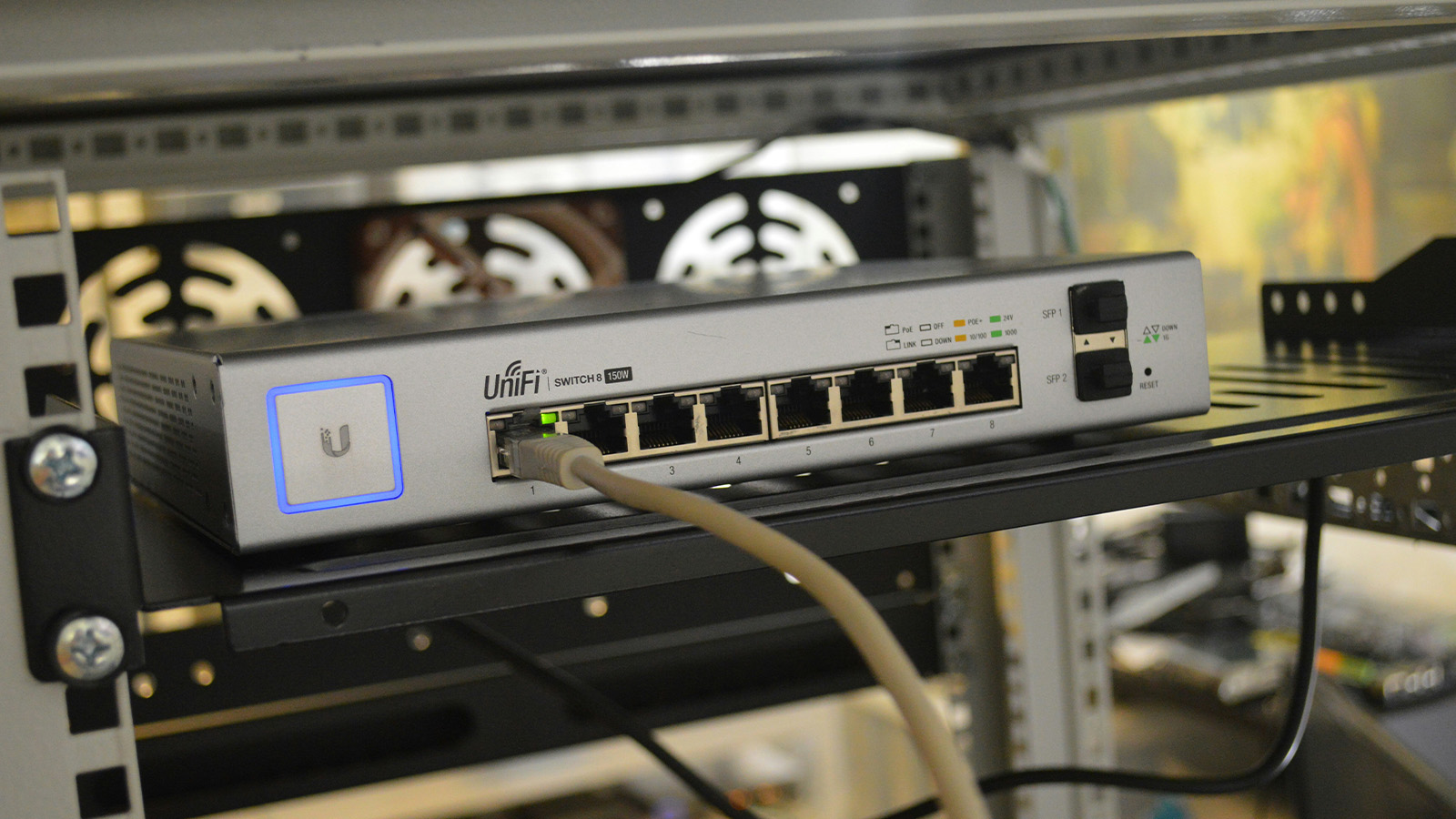auditory neuroscience
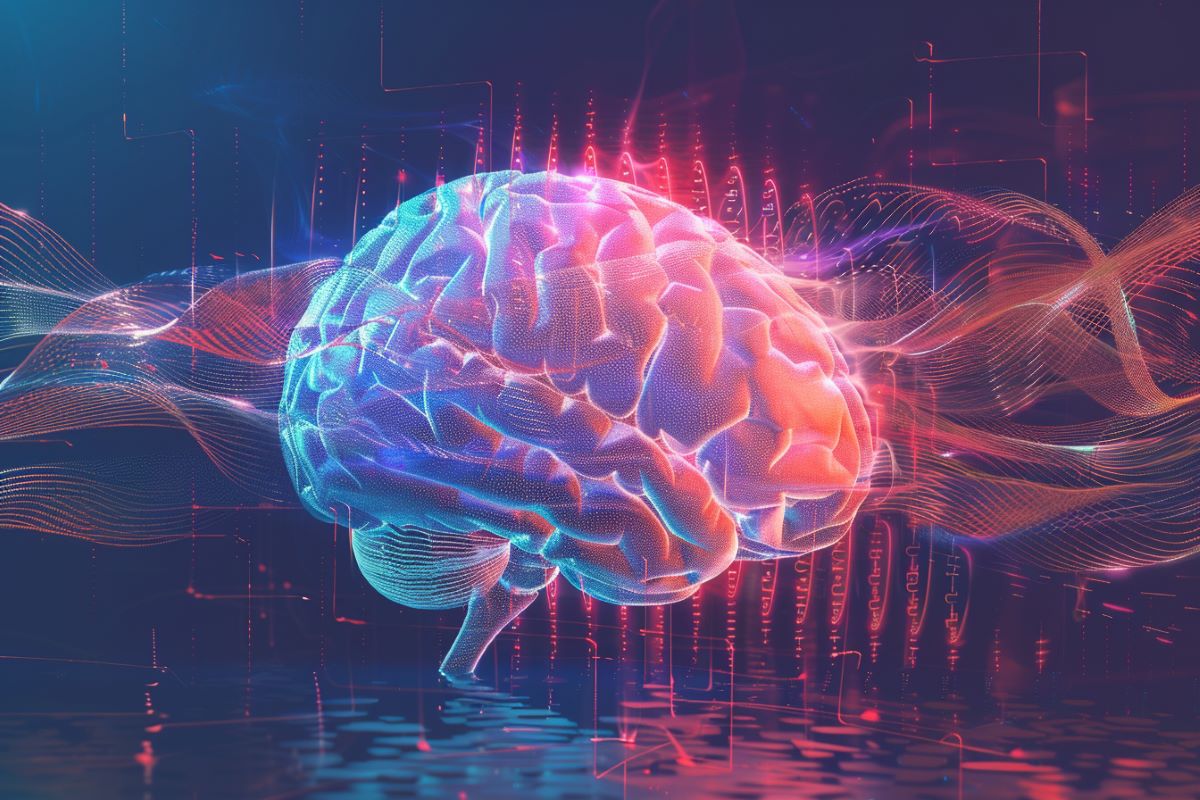
Sound Therapy May Improve Sleep
Summary: A new study reveals that stimulating alpha brain waves using sound may improve sleep in individuals with dementia. The ...
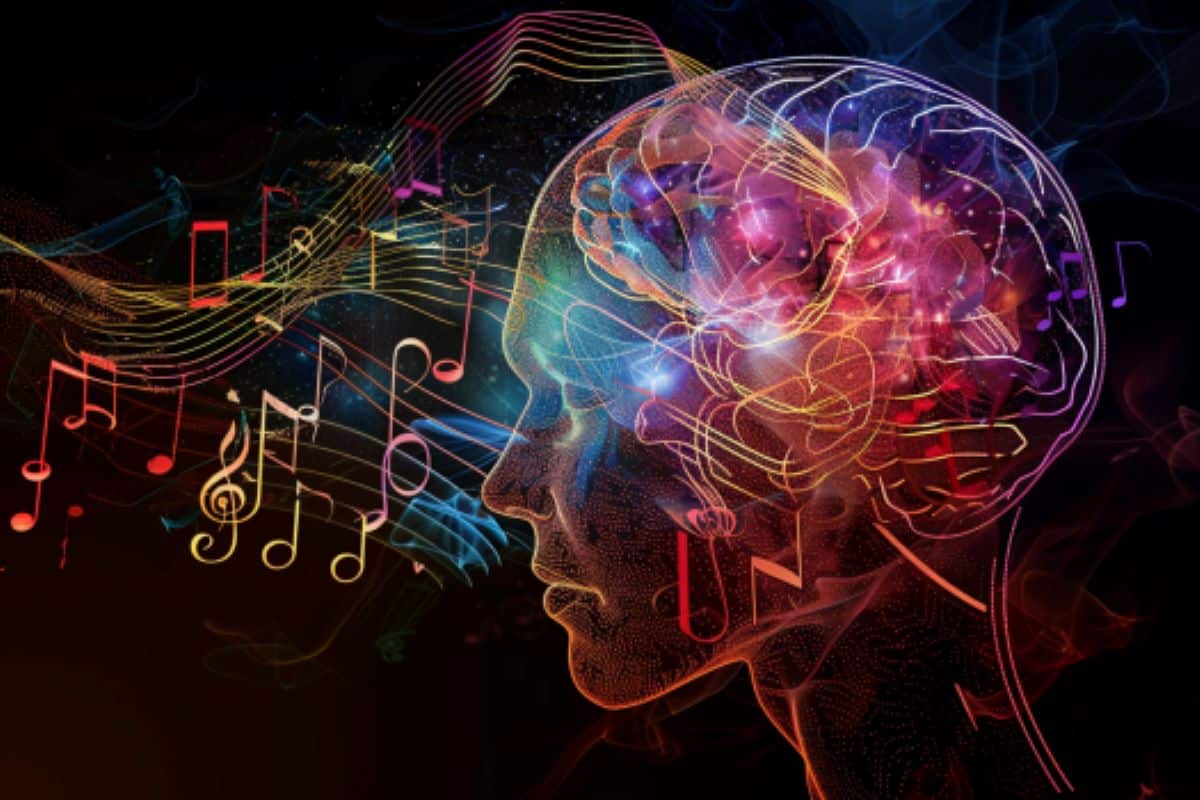
How the Brain Distinguishes Music from Speech
Summary: A new study reveals how our brain distinguishes between music and speech using simple acoustic parameters. Researchers found that ...

Inside the Quiet Mind: The Absence of Inner Speech
Summary: Recent research introduces ‘anendophasia’ as a term for the absence of inner speech, revealing that not everyone experiences internal ...
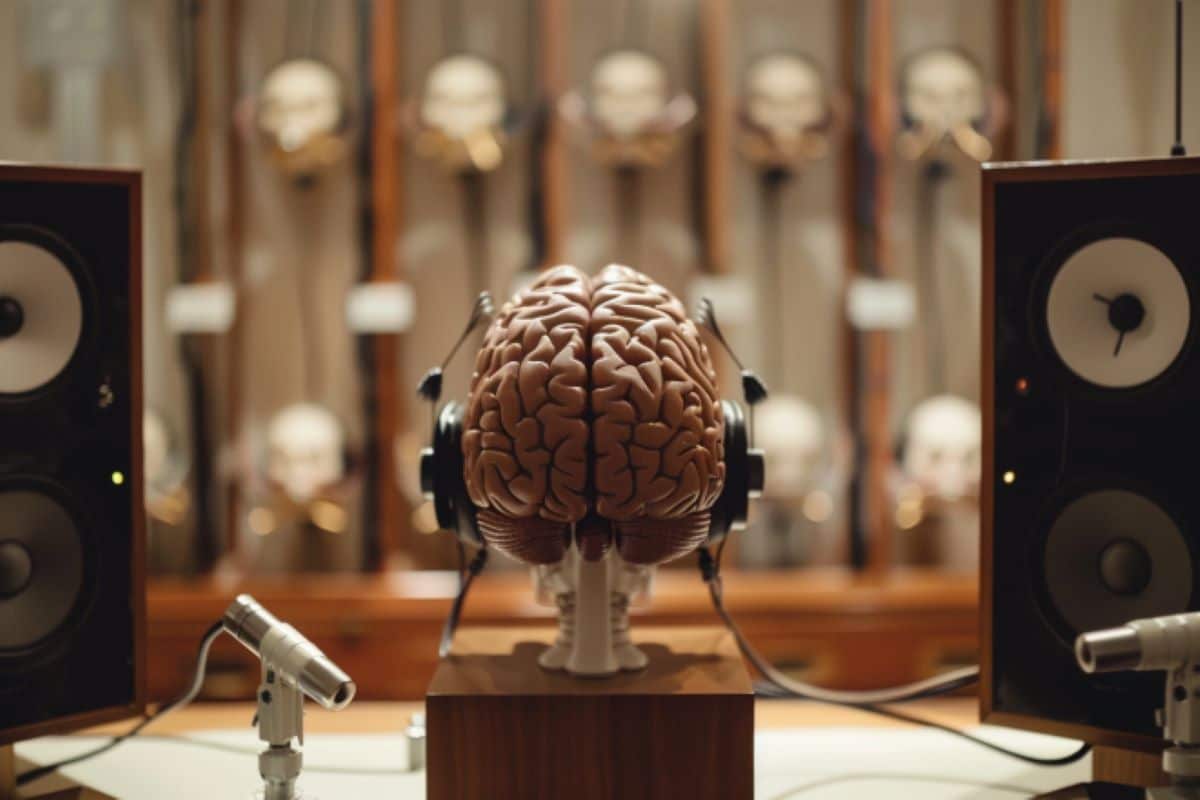
Unveiling the Brain’s Response to Sound
Summary: Researchers discovered how the brain translates sounds into actions, a key to understanding sensory decision-making. Their study reveals that ...

Imperfect Harmony: Rethinking Pythagoras’ Musical Consonance
Summary: New research challenges Pythagoras’s ancient theory on musical consonance, revealing our preference for slight imperfections in chords rather than ...

Loud Play, Silent Risk: Video Gaming’s Link to Hearing Loss
Summary: A systematic review indicates a potential risk of irreversible hearing loss and tinnitus among video gamers due to high ...

Tinnitus Linked to Auditory Nerve Loss
Summary: A new study reveals that tinnitus, a common auditory issue characterized by ringing in the ears, is associated with ...
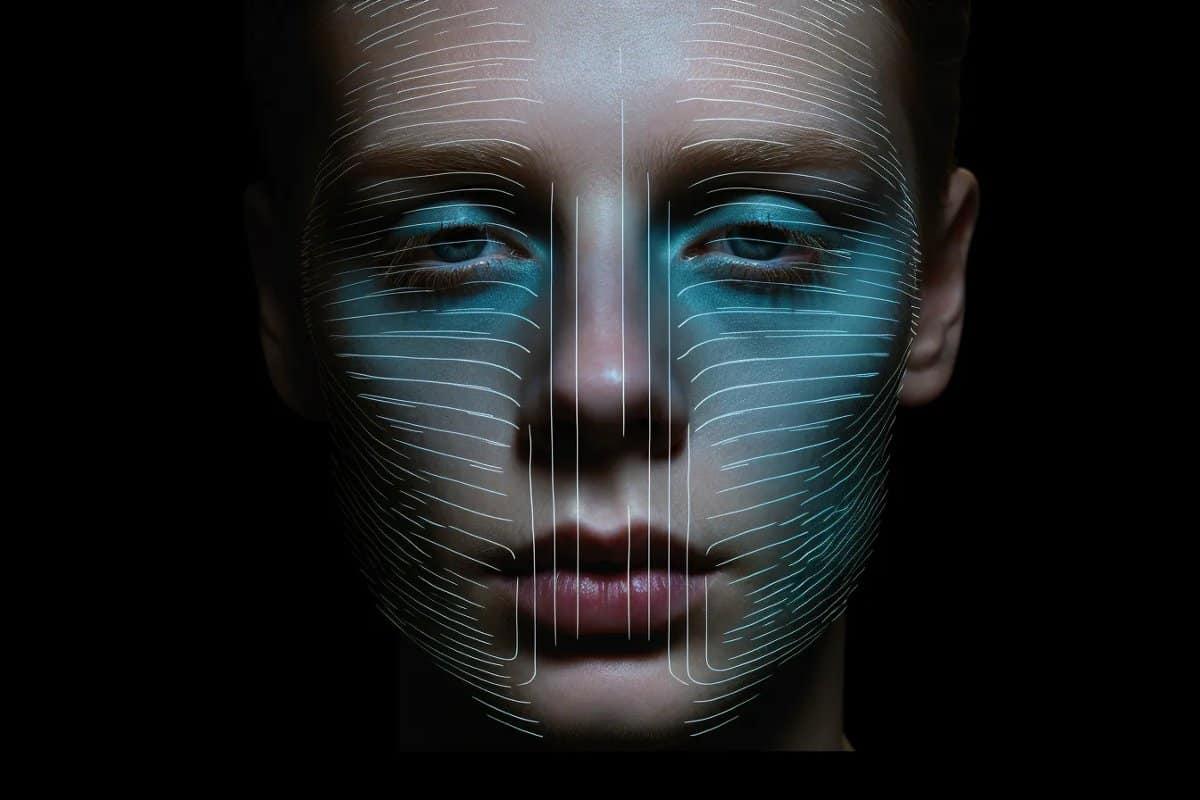
How Blind People Recognize Faces via Sound
Summary: A new study reveals that people who are blind can recognize faces using auditory patterns processed by the fusiform ...

Hearing Loss Linked to Dementia
Summary: Researchers discovered that hearing loss in older adults is associated with specific brain changes, potentially increasing dementia risk. Using ...





/cdn.vox-cdn.com/uploads/chorus_asset/file/25513802/vaio_monitor.jpg)
